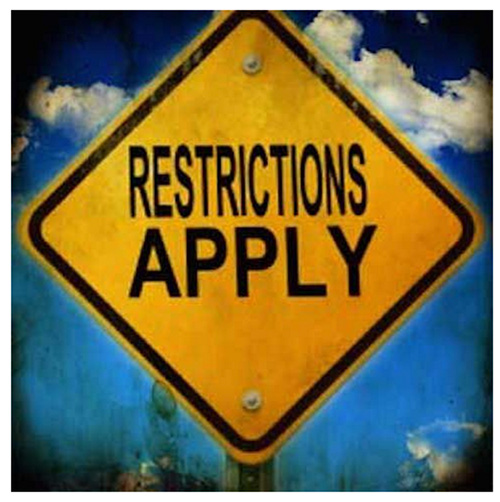This week I would like to talk about the term focus. We first learn about this term when we start school or attempt to learn something new as a child. As we enter mid-life, it is likely that we may again have difficulty keeping our focus. According to the Merriam-Webster dictionary one intransitive verb definition of focus is: to adjust one’s eye on a particular range. Whatever we decide that range of focus to be can allow us to view and create opportunities or seal our fate to confinement and restriction. Specifically, our mind has the ability to free us to act intentionally to make changes or it can keep us imprisoned as we stubbornly hold onto ideas, habits, attitudes, and beliefs that no longer serve us. We hold onto these unhelpful, even hurtful ideas, habits, and beliefs for various reasons which we will discuss at another time. It is important to understand that what we choose to hang on to and focus on has the capacity to invite feelings of frustration, fear, or freedom. You may ask, “how can freedom be a feeling we invite”? The Oxford Dictionary defines freedom as: the power or right to act, speak, or think as one wants without hindrance or restraint; the state of not being imprisoned or enslaved. We can unknowingly keep our physical and mental selves imprisoned, miss opportunities, and experience feelings of restraint when we do not properly focus. Let me give an example. The ball and chain was a heavy metal ball attached to a prisoner’s body with a thick, weighty chain and shackles that prevented prisoners from running away or from moving quickly. These restraints were common in seventeenth and eighteenth century Britain. Prisoners quickly learned and forcibly accepted their current fate of restriction, restraint, and confinement. Initially, these balls were filled with water to make them weightier and more restrictive. Later, the balls were not filled with water and the prisoners could move about more freely, except they didn’t. They did not attempt to run away. They did not increase their mobility. Why? Because they unconsciously continued to believe they were still restricted and could not envision their ability to flee. They were not only physically imprisoned; they were mentally imprisoned as well.
Here is another example. My daughter has a dog named Bear. She began training Bear when Bear was 8 weeks old. We had chicken wire running the circumference of the downstairs walk-out to keep Bear from running into the woods. Bear never tried to escape. She was trained quickly and easily. After a few years, we removed the chicken wire and Bear continued to confine herself to the space as before; never attempting to run. Why? Because she was conditioned to believe in her restrictions, even as the restraints were no longer there. How about you? What beliefs, ideas, habits, or attitudes are you hanging onto that are preventing you from moving forward towards a goal or successfully navigating difficult circumstances? Are there restraints you can remove to allow you to adjust how you focus? Life is both wonderful and difficult. Yes, difficult times can also be wonderful times depending upon your focus. Are you imprisoning yourself? Or are you seeing the freedom you have to choose how you focus, believe, and act? If you are struggling, begin by focusing on your faith. When your ability to see, do, or understand the present circumstances seems daunting, your decision to focus on faith and on Christ allows you to have positive expectations. Faith is a resourceful focus when your ability to see, do, or understand the challenge before you is inadequate. Our decision to focus on faith and on Christ allows expectations and hope. With Christ as your powerhouse and source of wisdom, strength and love you have the freedom to persevere and make changes in your attitude, beliefs, and behavior so that today’s choices and experiences create better todays and tomorrows for you and those around you. So how is your focus? What shackles might you need to remove? Until, next week!
Copyright © 2020 Yvette Seltz, used by permission. Visit https://cccc-usa.com/new-index to learn more.

Dr. Marie Yvette Hernández-Seltz is the director of Candescent Counseling, Consulting & Coaching. She holds a PhD in Clinical Psychology and an MS in Industrial/Organizational Psychology. She has spent the past 15 years studying self-esteem, self-confidence, responsibility, and the effects of environment and culture on the individual.

